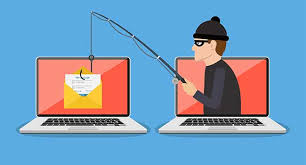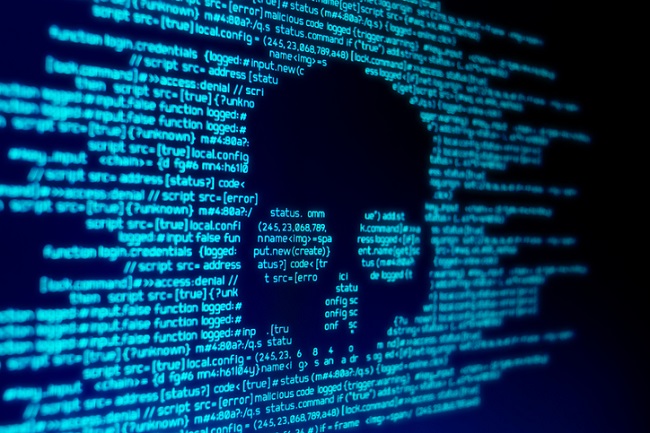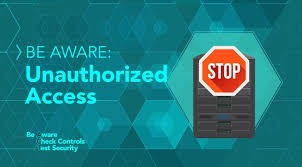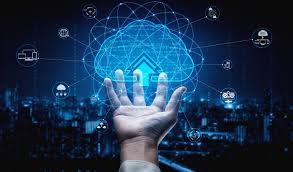Internet Research Project
Privacy Risks in Data Collection and Storage

Companies collect a ton of personal data from us online. Names, emails, even search history. Companies say it's to make things more personalized, but honestly, we don't even realize how much info we're handing over. And if companies aren't careful with this stuff, it can be hacked by bad guys and used for all sorts of nasty things.
One of the scariest risks is data breaches. Hackers break into company systems and steal all that private information. Its happened before to huge companies, and millions of people's data gets leaked. Imagine someone getting their hands on your passwords or credit card details, they could steal your money or even your whole identity.
Companies need to step up their security game, things like two-factor authentication (2FA) and encryption are super important. We also need to be smart about what we share online and use strong passwords. And there are laws like GDPR that are supposed to make sure companies handle our data responsibly.
Example: The Equifax hack in 2017. Source

Misuse and Protection of Computing Resources

Sometimes computers and the internet can be used for bad stuff. Some people hack accounts, scam others for money, or spread fake news online. This can be really dangerous, it can trick people and even ruin lives.
Hackers might steal passwords or send fake emails to trick you into giving them your personal information. They also use malware and viruses to break into systems. If you're not careful, you could click on a dodgy link and give them access to everything.
To stay safe, use strong passwords, turn on 2FA, and be super careful about clicking on links. If you're using a public computer, always log out of your accounts. Companies also need to protect their systems with firewalls and security software.
Example: The WannaCry attack in 2017 locked up computers all over the world and demanded ransom payments. Even hospitals and schools were affected. Source

Unauthorized Access to Information

Hackers have tons of ways to get into accounts and steal info. One common way is guessing weak passwords. If you use something easy like "123456" or your birthday, it can probably be guessed. Phishing is another trick, they send fake emails that look real to steal your passwords.
A lot of data breaches happen because people make mistakes. If someone at a company clicks on a bad link, hackers can get into the whole system and steal important data. This can cause huge problems, like leaking customer info or shutting down services.
Strong passwords, being careful about links, and 2FA are imporatant. Companies also need to train their employees about cybersecurity and use firewalls to block hackers.
Example: Yahoo data breach, billions of accounts were exposed because of weak security. Source

Benefits and Risks of Computing Innovations

Tech has made our lives so much easier. AI can answer our questions, give us recommendations, and even help doctors diagnose diseases. Social media connects us, and automation helps businesses run more smoothly.
But there are downsides too. AI is starting to take over some jobs, and some technology can be used for bad stuff. Social media, which was meant to bring us together, can also be used to spread fake news and bully people. Even cryptocurrency, which was designed for secure payments, is sometimes used for scams.
New tech is great, but we have to use it responsibly. Companies need to make sure their inventions don't cause harm, and we all need to be aware of the risks.
Example: Self-checkout at stores save companies money, but they also mean fewer jobs for cashiers. Source








